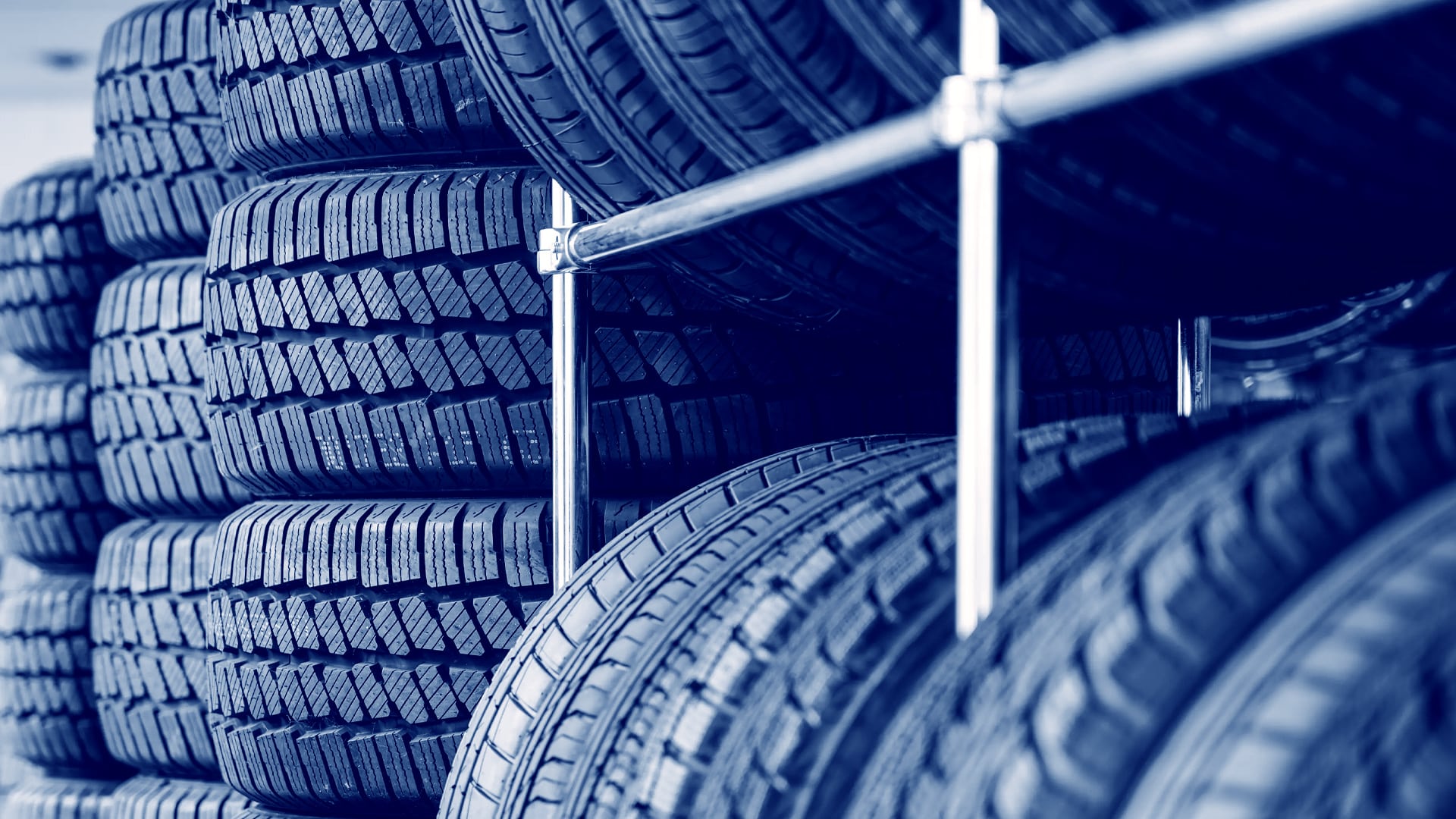Manufacturing
Tyre industry body ATMA urges govt to allow duty-free import of natural rubber
Automotive Tyre Manufacturers Association (ATMA) on Monday asked the government to allow duty-free import of natural rubber as shortage of the commodity in India has become a major deterrent for the tyre industry to support domestic manufacturing. According to the tyre industry body, natural rubber (NR) consumption is expected to increase further and the annual demand is expected to cross 13 lakh tonnes this fiscal.
“With the production of 7,90,000 tonnes as projected (in normal scenario) by Rubber Board, NR imports to the tune of at least 5 lakh tonnes are a must,” ATMA said in a statement. The tyre industry accounts for over 70 per cent of NR consumed in the country, it added. While the Rubber Board had projected much higher production figures for the ongoing fiscal, ATMA claimed that “the ground realities are not in line with the Rubber Board’s guidance as market arrivals of sheet rubber have dried thin”.
Also read: Simple Energy launches e-scooter at Rs 1.09 lakh
“During the first quarter of the current financial year, domestic NR production could fulfill only 42 per cent of the total requirement. According to provisional figures, as against NR consumption of 3.01 lakh tonnes, NR production stood at 1.27 lakh tonnes in the Q1 of FY22,” it said. With economic recovery back on track and the automobile industry witnessing increased traction, there is a surge in demand for tyres, the industry body said.
“However, a squeeze in domestic availability of NR, the key raw material, has become a major deterrent for the tyre Industry to support domestic manufacturing,” ATMA said, adding “imports of NR are imperative to bridge the huge deficit and for tyre plants to run”. ATMA said it “has therefore urged the government to remove restrictions on import of NR urgently and allow duty-free import of NR to the extent of domestic deficit since imports have not shown to put any adverse impact on domestic prices that have been ruling higher than international prices for a long time”.
Commenting on the situation, ATMA Director General Rajiv Budhraja said, “as such the tyre industry has been experiencing tightness in domestic availability of NR during the ongoing fiscal. However, in the second quarter a severe crunch is being witnessed while the NR prices are shooting up.” The paucity of NR needs to be addressed at the earliest so that tyre production processes are not disrupted, he added.
As per ATMA, the policy environment regarding the import of NR is “highly restrictive”. “There are port restrictions on import of NR which is allowed to be imported only from two ports – Chennai and JNPT- adding to the costs and delays. Moreover, the tyre industry needs to adhere to pre-import conditions for NR import against (tyre) export obligation,” it said. Further, the export obligation period for tyres has been reduced from 18 months to only 6 months making it tough for the industry, ATMA said.











































Pingback: mBnk launches a Phygital Financial Services Marketplace for Bharat